
 Link Dump Friday loves you soooooo much! How much, you ask? Well, since you can't see how wide my arms are flung, take a gander at the content below for just part of a measure of that affection instead! This week we've got not one but two interviews with the indomnitable Mike Morin of Alice is Dead notoriety, and Benjamin Rivers joins us to talk about his intriguing and eerie upcoming indie horror adventure, Home. (Maybe it'll save me from the upcoming crushing disappointment of Silent Hill: Downpour!) In addition, we've also got the usual roundup of previews and interesting news from around the internet! Sound good? Okey dokey lokey! Let's get started!
Link Dump Friday loves you soooooo much! How much, you ask? Well, since you can't see how wide my arms are flung, take a gander at the content below for just part of a measure of that affection instead! This week we've got not one but two interviews with the indomnitable Mike Morin of Alice is Dead notoriety, and Benjamin Rivers joins us to talk about his intriguing and eerie upcoming indie horror adventure, Home. (Maybe it'll save me from the upcoming crushing disappointment of Silent Hill: Downpour!) In addition, we've also got the usual roundup of previews and interesting news from around the internet! Sound good? Okey dokey lokey! Let's get started!
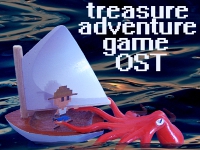 That Metroidvania Melody Do you know Treasure Adventure Game? You should, because Robit Studios' indie metroidvania RPG adventure is not only really, really good, it's also really, really free! If you are familiar with the game and love it as much as we (and our community!) do, then you might want to check out the game's soundtrack, now available for purchase from Bandcamp for $6.00USD or more. Why? Well, aside from including eight bonus tracks, a PDF of art, and an interactive map, you also get that warm glow that comes with supporting a really deserving indie developer... and perhaps even providing a little funding towards any future projects Robit Studios might have in mind!
That Metroidvania Melody Do you know Treasure Adventure Game? You should, because Robit Studios' indie metroidvania RPG adventure is not only really, really good, it's also really, really free! If you are familiar with the game and love it as much as we (and our community!) do, then you might want to check out the game's soundtrack, now available for purchase from Bandcamp for $6.00USD or more. Why? Well, aside from including eight bonus tracks, a PDF of art, and an interactive map, you also get that warm glow that comes with supporting a really deserving indie developer... and perhaps even providing a little funding towards any future projects Robit Studios might have in mind!
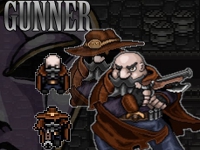 Kitty Can Code If you own an iOS and enjoy fun at all but haven't yet become acquainted with ambassadors of funk Rocketcat Games, well, I just don't know what to do with you! In addition to creating games like the wildly addictive Hook Worlds and the simply superb Mage Gauntlet, their logo is a kitten in a top hat with rockets! How rad is that? If you're a fan, you might want to spend some time lurking around their Facebook page, where they've been posting teaser images and info for their next project, an upcoming RPG! If it's by Rocketcat Games, you know it's going to be good, so keep your eyes peeled for more info and start practicing your money-handing-over-techniques!
Kitty Can Code If you own an iOS and enjoy fun at all but haven't yet become acquainted with ambassadors of funk Rocketcat Games, well, I just don't know what to do with you! In addition to creating games like the wildly addictive Hook Worlds and the simply superb Mage Gauntlet, their logo is a kitten in a top hat with rockets! How rad is that? If you're a fan, you might want to spend some time lurking around their Facebook page, where they've been posting teaser images and info for their next project, an upcoming RPG! If it's by Rocketcat Games, you know it's going to be good, so keep your eyes peeled for more info and start practicing your money-handing-over-techniques!

From the very beginning, Home, the upcoming indie horror adventure by Benjamin Rivers, looked interesting. Touted as "an intimate, story-based adventure with a tale that you determine", it looked like the perfect creepy, unsettling antidote to games that aim to startle more than scare. We were lucky enough to be able to get some more information from Benjamin for this interview to whet your appetite. Be sure to check out the official website for more information, a trailer, and ways to contact the man himself
Tell us a little about Home, and what sets it apart from all the other horror adventure games. How long can we expect a typical playthrough to last, roughly, and are you planning on charging money for it?
I'm billing Home as a "subjective horror mystery"--the idea is that this isn't an action game, or a survival game, or an inventory management game. It was conceived as an interactive story that you affect through your actions. There is no combat and no fail state--but there is oozing atmosphere, an unsettling theme, and--hopefully--a story that, through your manipulation, means a lot to you as a player. Most players will get through the game in about an hour.
Ideally I'd like to have it as a small, paid download--two bucks or less. It's a risky concept, and one that's pretty niche, so I'm gauging interest. In the end, I really just want people to give it a shot and enjoy it. Right now it's planned as a PC release, but I really want to bring it to the Mac and to mobile platforms as well, if I can (psst; interested programmers should drop me a line).
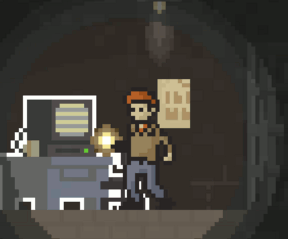 It looks like a lot of what happens within the game and the story depends on the choices we make within it. Can you give us an example of how this works beyond the usual kick puppy/don't kick puppy moral choices we typically see in games? How will this impact the replay value of the game?
Home is, at its core, an experiment in ambient, invisible storytelling. Depending on choices you make--not necessarily big, obvious choices--the game realigns itself a bit to keep the plot running so it makes sense to you. For example, did you pick up that dirty knife you found? If you did, the game knows it, and may present you with a different opinion of later events because of it. It doesn't mean you'll have a knife to fight a boss with; it means that now when your character narrates what's happening, he's going to be thinking about that knife. Did you notice that photo, and maybe that other piece of paper over there? Whether you did or not will mean that you, and the character himself, will make certain assumptions and come to certain conclusions as you progress. Rather than reward or punish players with gameplay tropes for binary actions, the game is like telling a story around a campfire; if certain aspects of the story or environment seem to interest the player more, than the game is going to play along. Ultimately, what really happens is a conversation the player has with the game.
It looks like a lot of what happens within the game and the story depends on the choices we make within it. Can you give us an example of how this works beyond the usual kick puppy/don't kick puppy moral choices we typically see in games? How will this impact the replay value of the game?
Home is, at its core, an experiment in ambient, invisible storytelling. Depending on choices you make--not necessarily big, obvious choices--the game realigns itself a bit to keep the plot running so it makes sense to you. For example, did you pick up that dirty knife you found? If you did, the game knows it, and may present you with a different opinion of later events because of it. It doesn't mean you'll have a knife to fight a boss with; it means that now when your character narrates what's happening, he's going to be thinking about that knife. Did you notice that photo, and maybe that other piece of paper over there? Whether you did or not will mean that you, and the character himself, will make certain assumptions and come to certain conclusions as you progress. Rather than reward or punish players with gameplay tropes for binary actions, the game is like telling a story around a campfire; if certain aspects of the story or environment seem to interest the player more, than the game is going to play along. Ultimately, what really happens is a conversation the player has with the game.
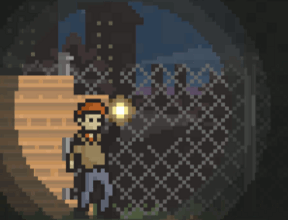 Talk to us about the actual gameplay, how we explore and progress. Will we be solving any puzzles in typical find item --> use item adventure game fashion, or does Home handle differently?
Mechanically speaking, the game is as simple as possible (and was designed as such); the player explores a 2D, side-scrolling environment and interacts with objects via a single key press; it's all done through the keyboard, so it's really accessible. Home uses a first-person narration, so interacting with an item brings up a silent-movie style title card where players get to read dialogue, and sometimes make choices. There are things to find and take (or not), light puzzles to solve, though there's no inventory. The game pays attention, so if you have an item and approach a situation, it will know and give you a different option than if you didn't. There are locked doors, sure, and some moments of that nature, but the game is less about stopping you from progressing, and more about paying attention to what caught your eye along the way.
Talk to us about the actual gameplay, how we explore and progress. Will we be solving any puzzles in typical find item --> use item adventure game fashion, or does Home handle differently?
Mechanically speaking, the game is as simple as possible (and was designed as such); the player explores a 2D, side-scrolling environment and interacts with objects via a single key press; it's all done through the keyboard, so it's really accessible. Home uses a first-person narration, so interacting with an item brings up a silent-movie style title card where players get to read dialogue, and sometimes make choices. There are things to find and take (or not), light puzzles to solve, though there's no inventory. The game pays attention, so if you have an item and approach a situation, it will know and give you a different option than if you didn't. There are locked doors, sure, and some moments of that nature, but the game is less about stopping you from progressing, and more about paying attention to what caught your eye along the way.
Home isn't your first foray into game design, with other indie download titles under your belt, but it looks decidedly different than your previous work not only in theme, but style as well. What made you decide you wanted to make a horror game? Is there any media (movie, game, book) you felt influenced it?
Home began as a short story I wrote many years ago about a man who's locked in a small room. It was meant to be a survival kind of story, but I only wrote the opening. In 2010 I found that bit of text, and challenged myself to write a game around the concept. My wife was trying to convince me to do a murder mystery, or something really spooky, so I decided to give it a shot.
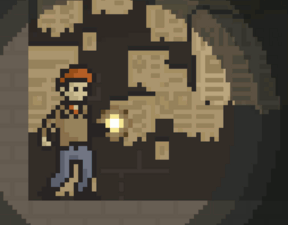 There are a lot of horror games out there already, ranging from action titles like Resident Evil to slower, more thoughtful games like the Chzo Mythos. What does "horror" mean to you, and how are you planning to get under our skin with Home? What sort of content can we expect to encounter if we play... heavy on the gore, or more subtle, disturbing encounters?
I have always loved deeply disturbing, psychological horror stories, but most of what is labeled "horror" in games these days is more action-oriented, or really just spooky fantasy, or a haunted-house kind of experience, and doesn't try to engage the player on that unique mental level. Horror is about showing you a mirror and reflecting something truly terrifying; the key is that if you can't relate--if you can't see some version of yourself in that mirror--then you never get that deep experience. With Home, there isn't much gore, and no monsters will pop out of closets--instead, the major delivery for the experience is the narration itself, and (I can't stress this enough) player investment. if you want to soak up that atmosphere, and if you're willing to go along for the ride, then I'm going to give you lots of opportunities to think, to stew--to wonder what's in that mirror. And in the end, what you get out will be what you take in with you.
There are a lot of horror games out there already, ranging from action titles like Resident Evil to slower, more thoughtful games like the Chzo Mythos. What does "horror" mean to you, and how are you planning to get under our skin with Home? What sort of content can we expect to encounter if we play... heavy on the gore, or more subtle, disturbing encounters?
I have always loved deeply disturbing, psychological horror stories, but most of what is labeled "horror" in games these days is more action-oriented, or really just spooky fantasy, or a haunted-house kind of experience, and doesn't try to engage the player on that unique mental level. Horror is about showing you a mirror and reflecting something truly terrifying; the key is that if you can't relate--if you can't see some version of yourself in that mirror--then you never get that deep experience. With Home, there isn't much gore, and no monsters will pop out of closets--instead, the major delivery for the experience is the narration itself, and (I can't stress this enough) player investment. if you want to soak up that atmosphere, and if you're willing to go along for the ride, then I'm going to give you lots of opportunities to think, to stew--to wonder what's in that mirror. And in the end, what you get out will be what you take in with you.
Interview!
Continue reading for an interview with Mike Morin!
![]() Each year our "Best of" the year awards eclipse all years to have come before, and 2011 was an excellent year for excellent games. Just take a look at all the creative wonders that have earned the title of "Best of 2011" and see for yourself!
Each year our "Best of" the year awards eclipse all years to have come before, and 2011 was an excellent year for excellent games. Just take a look at all the creative wonders that have earned the title of "Best of 2011" and see for yourself! You are sure to find many games worthy of your time among the Top 5 presented for each category, including an all-new Game of the Year award we're introducing for the first time this year. These games represent the very best of all the games we covered in 2011, and we thank you kindly for participating with us by voting for your favorites!
You are sure to find many games worthy of your time among the Top 5 presented for each category, including an all-new Game of the Year award we're introducing for the first time this year. These games represent the very best of all the games we covered in 2011, and we thank you kindly for participating with us by voting for your favorites!


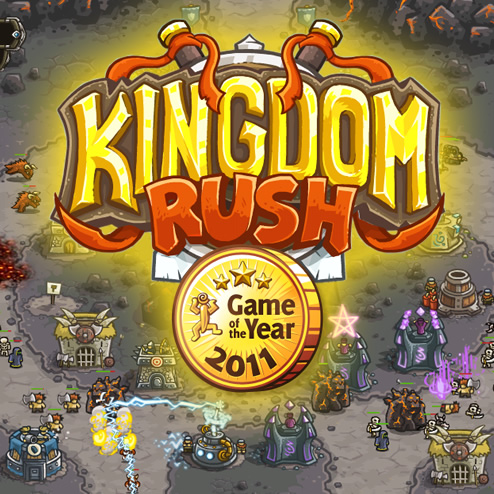
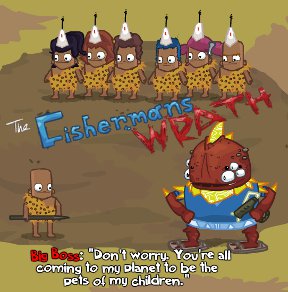
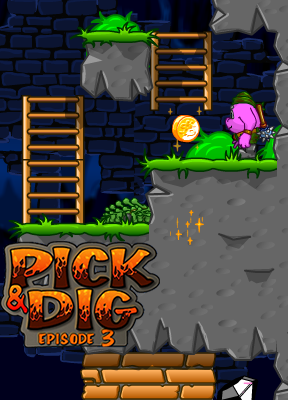

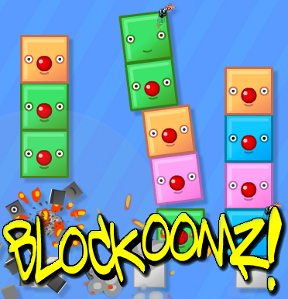
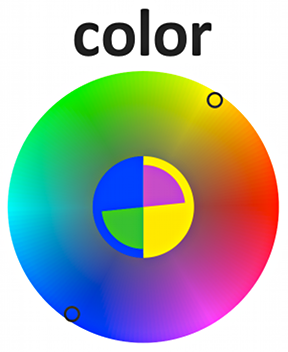
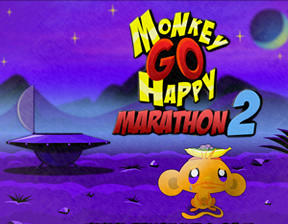
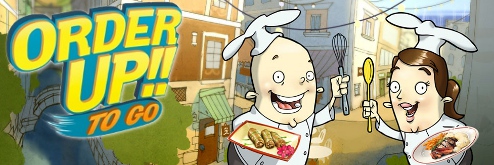
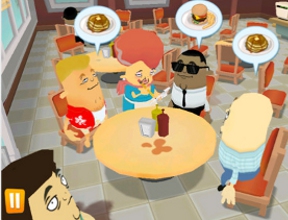
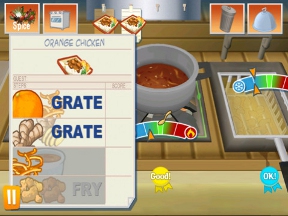
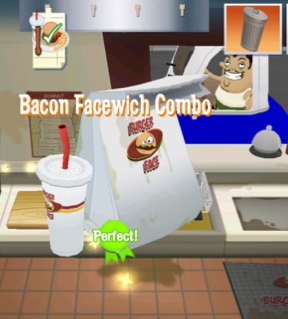
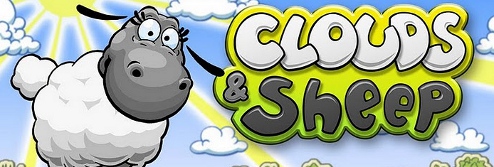
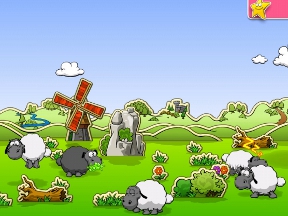
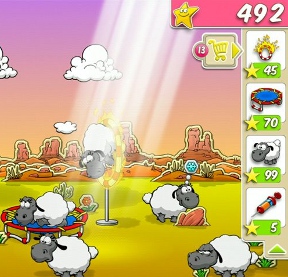

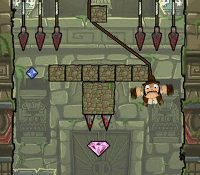
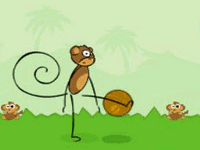
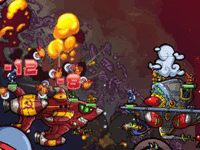
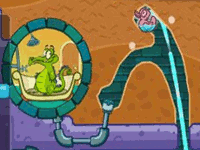
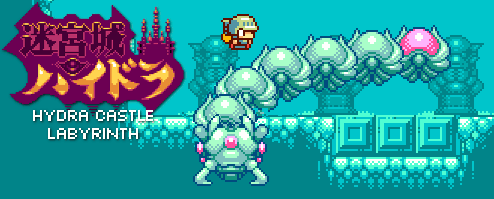
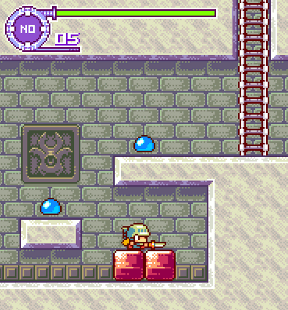
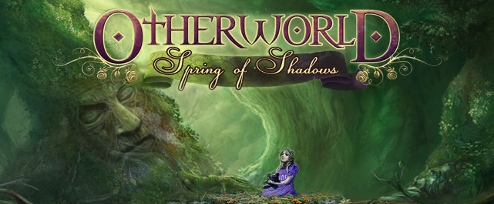
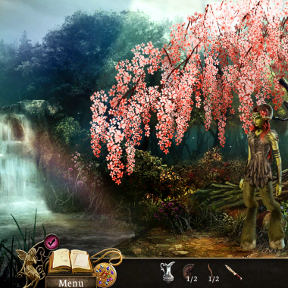
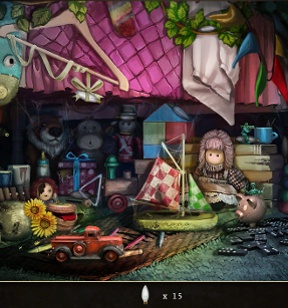
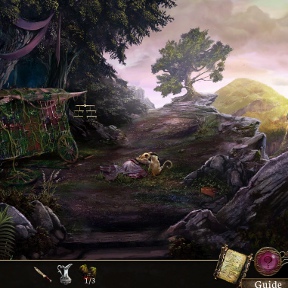

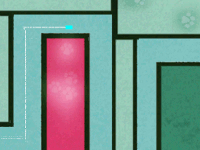
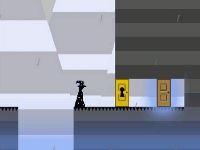
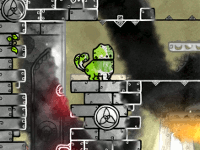
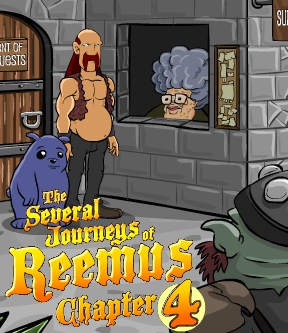
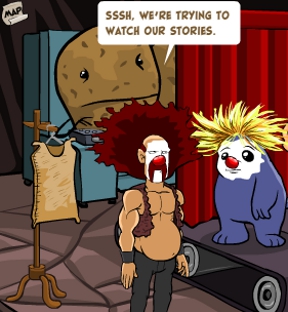
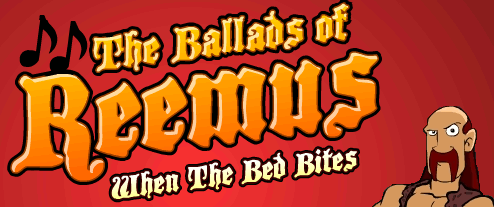
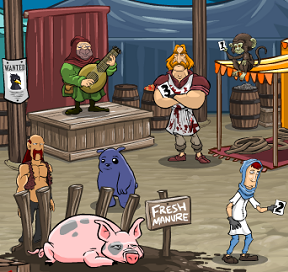
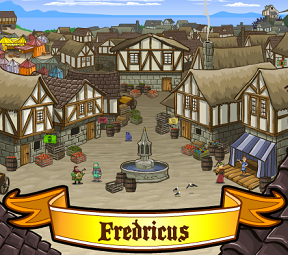
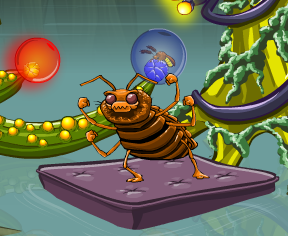
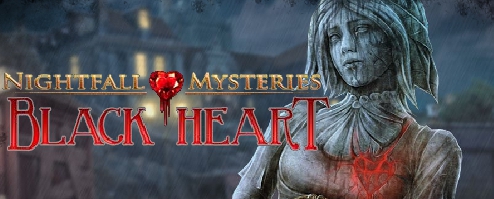
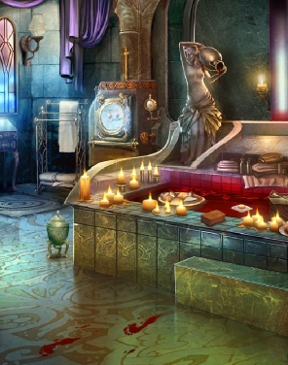
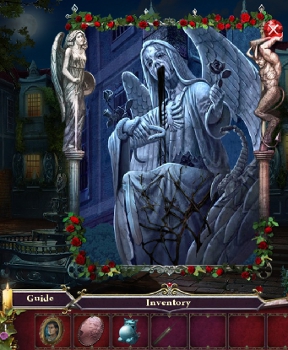
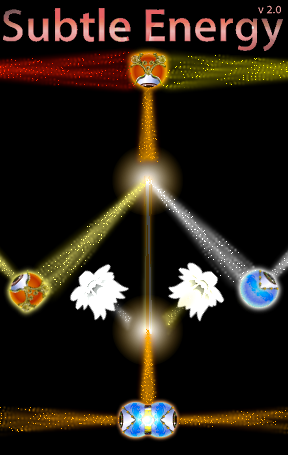
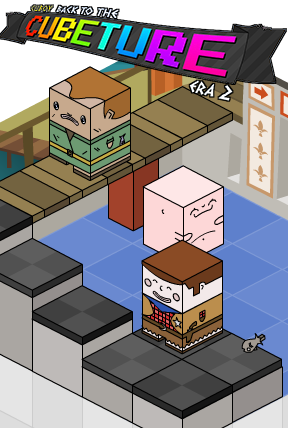
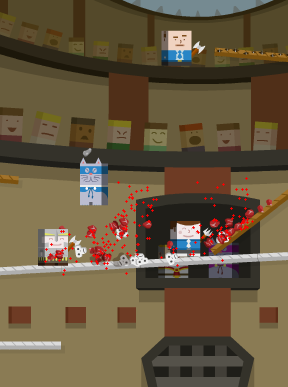

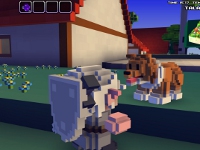
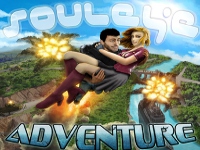
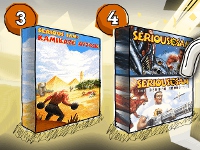
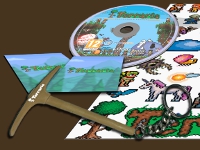 Terraria Collector's Edition Box Announced Here's a little something for collectors and everyone who enjoys real, physical objects.
Terraria Collector's Edition Box Announced Here's a little something for collectors and everyone who enjoys real, physical objects. 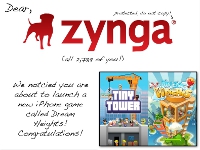
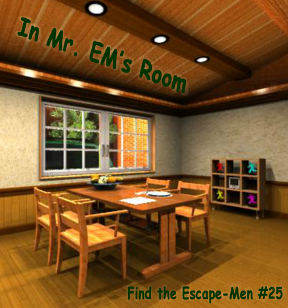
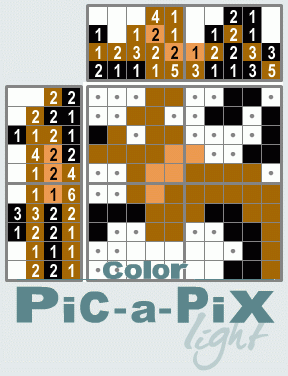
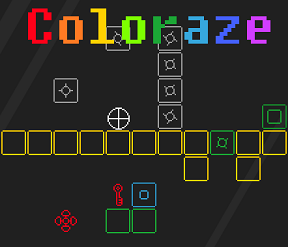
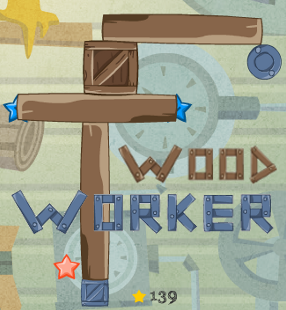

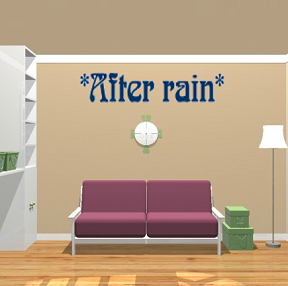
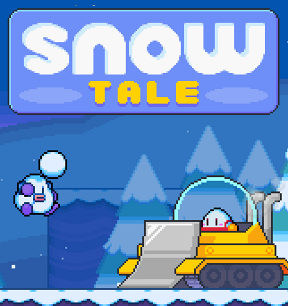
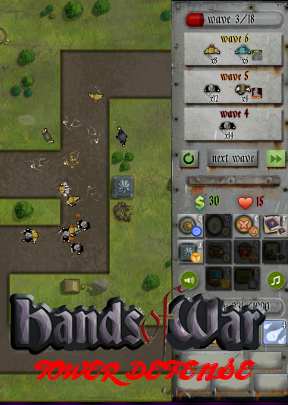
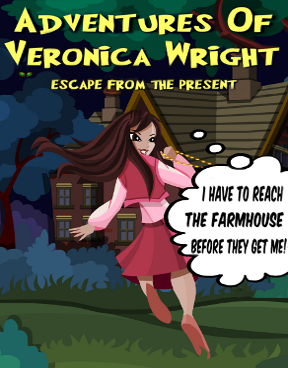
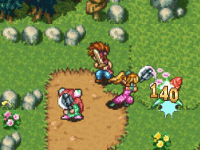
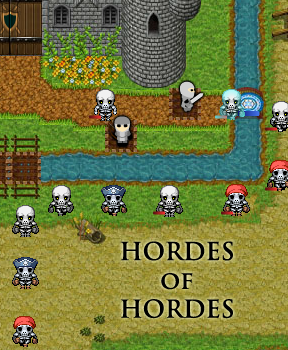
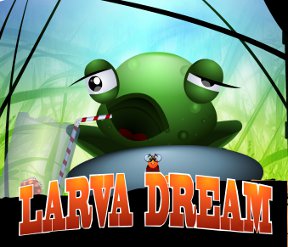

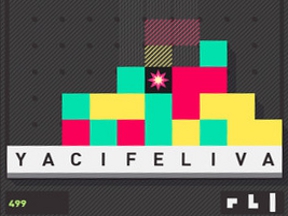
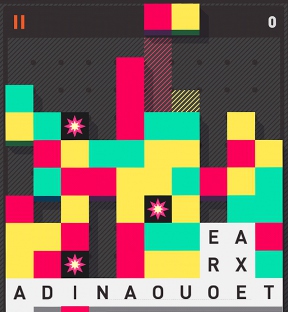
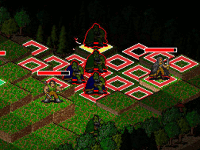
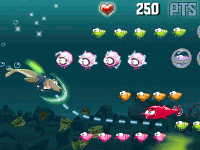
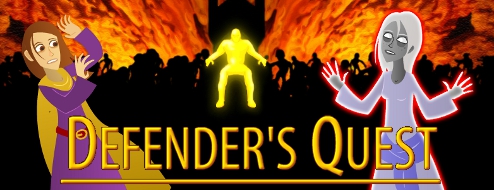
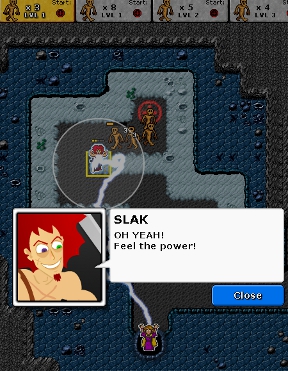
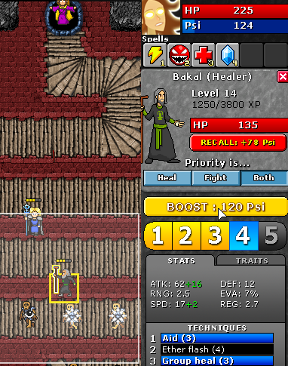
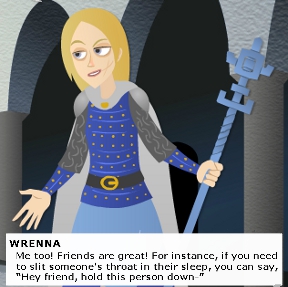
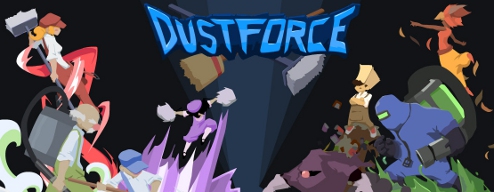
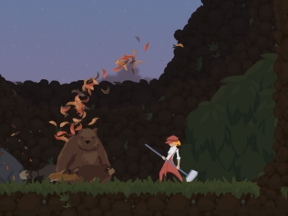
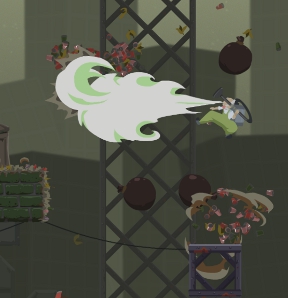
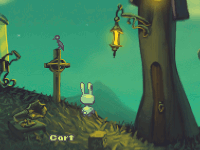

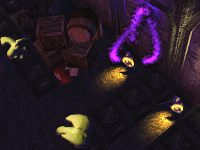
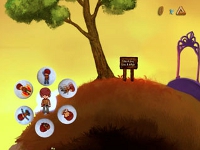
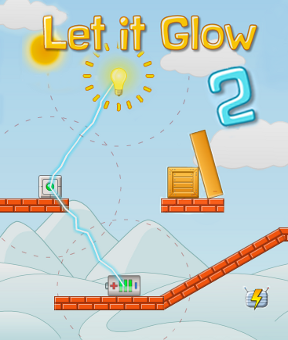
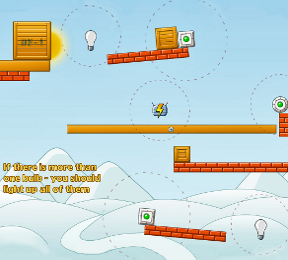
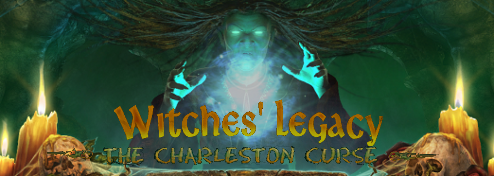
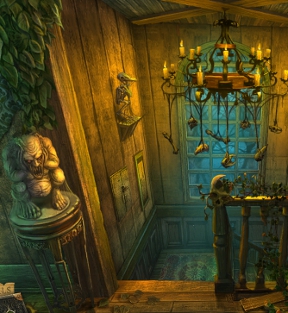
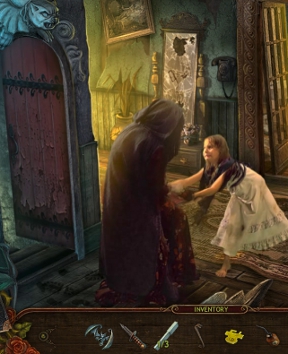
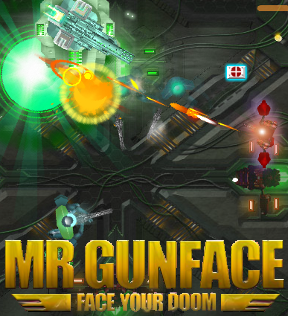
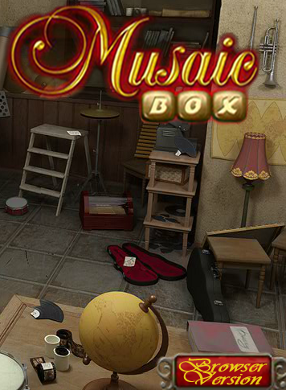

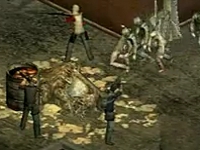

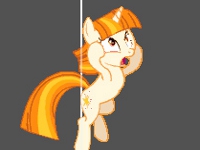
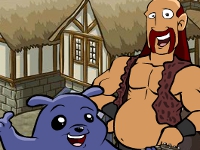
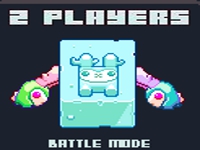

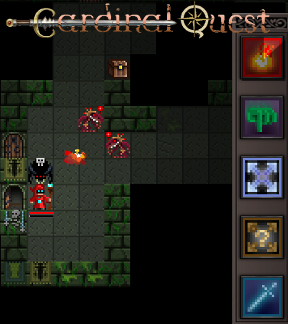
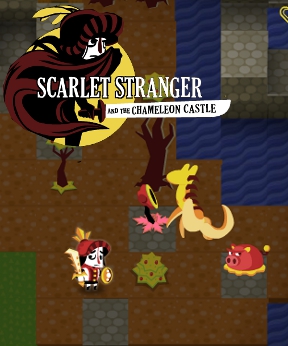
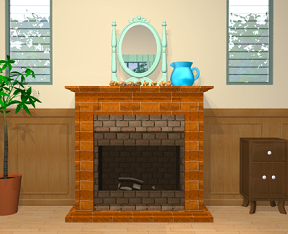
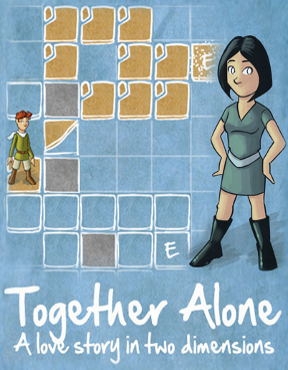
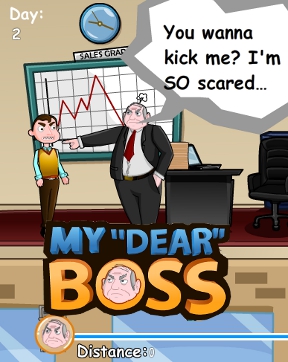
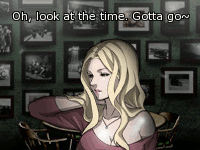
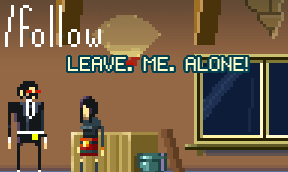
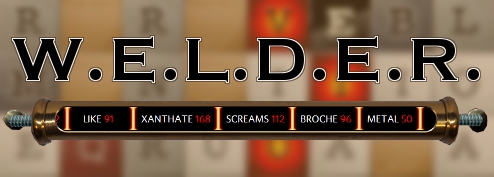


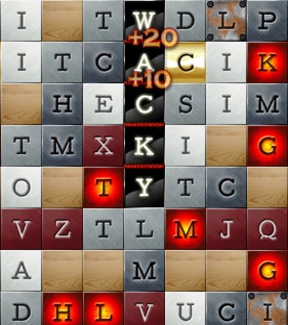
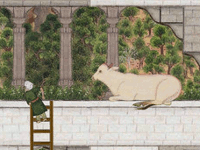
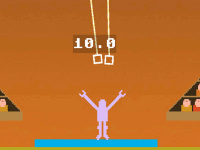
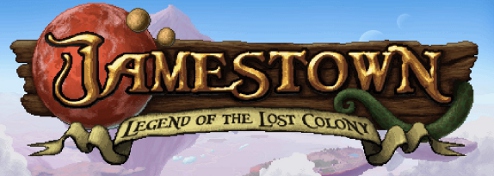
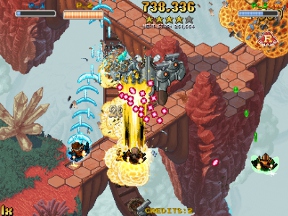
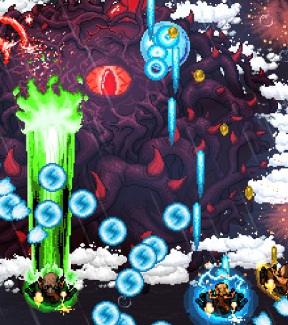
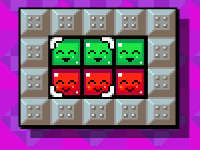
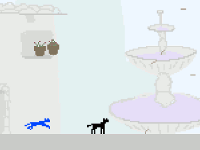
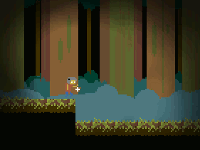
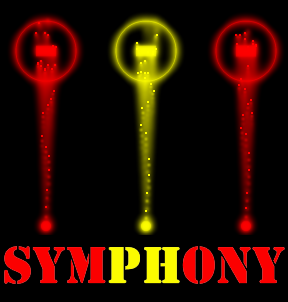
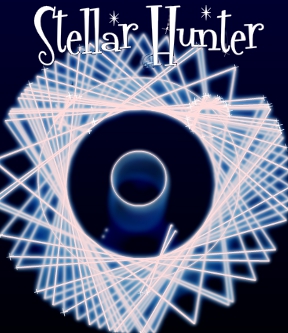
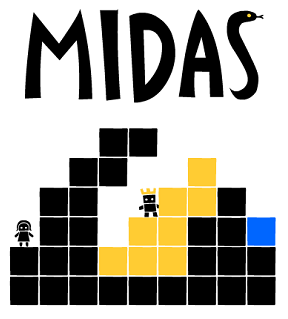
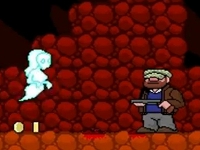
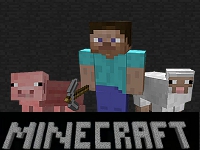
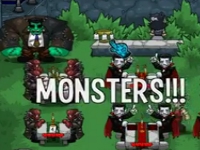
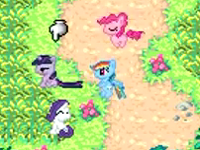
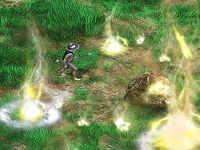
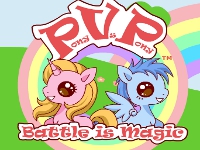
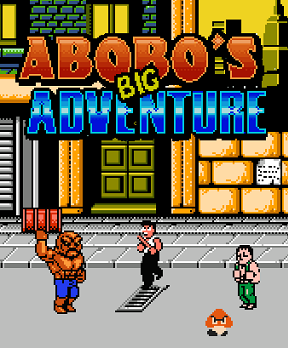
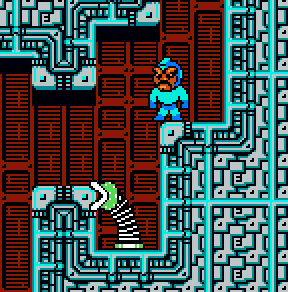
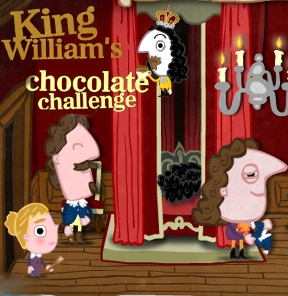

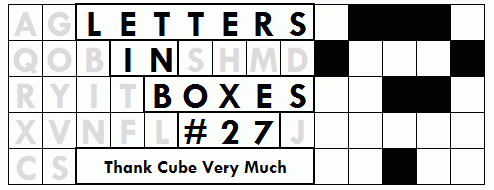
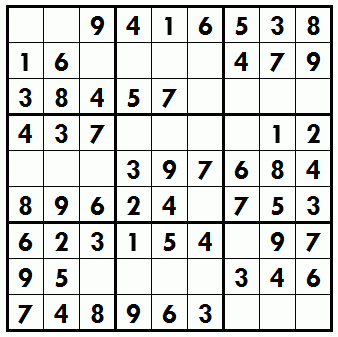

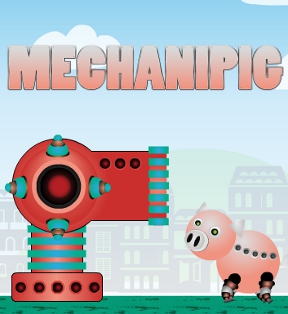
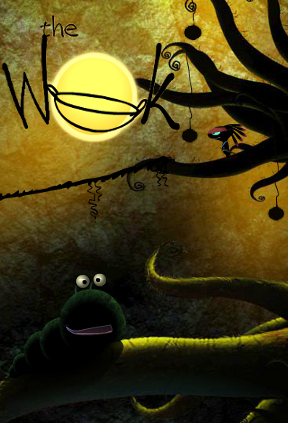
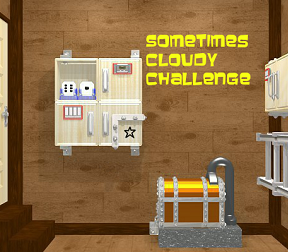
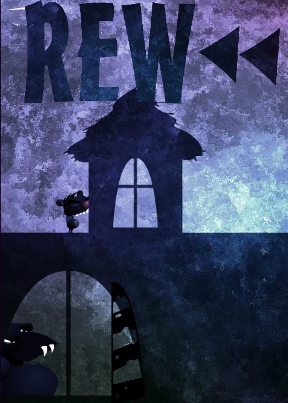
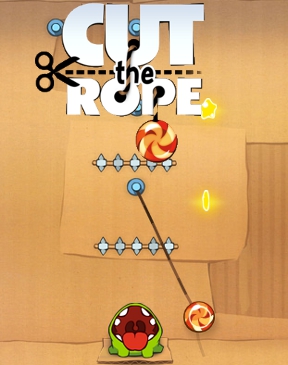
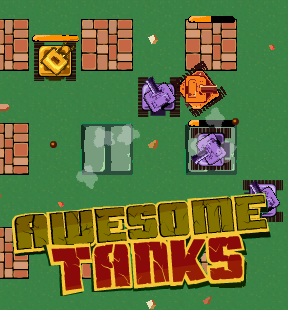
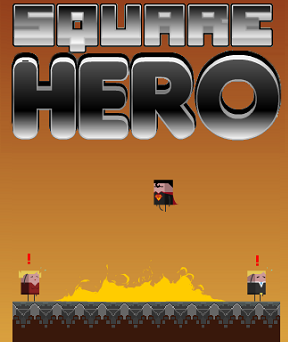
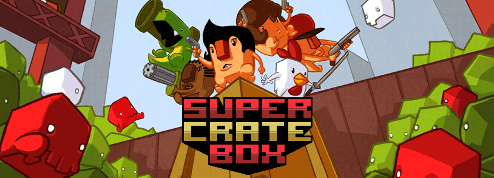
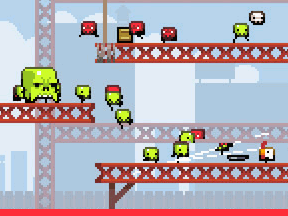
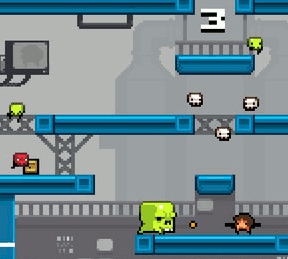
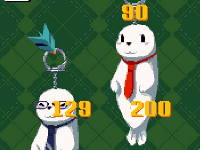
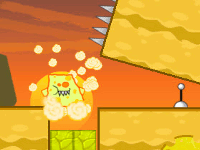
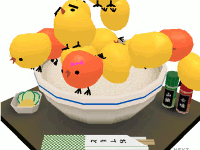
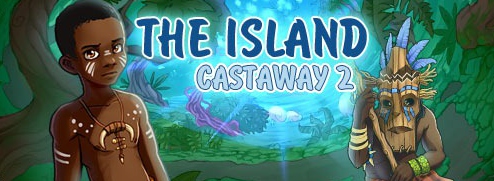
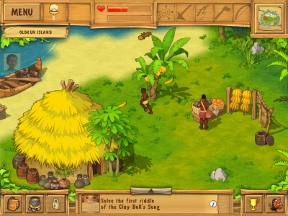
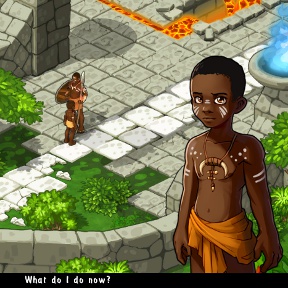
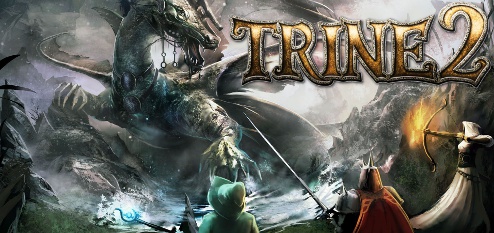
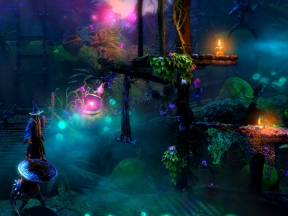
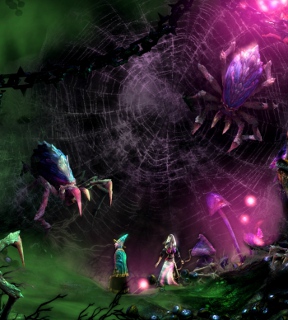
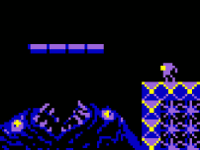
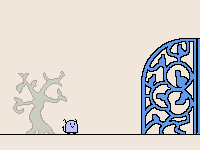
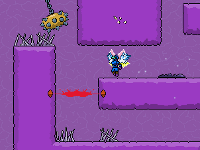
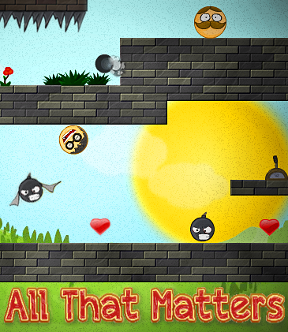
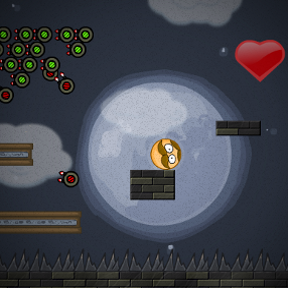
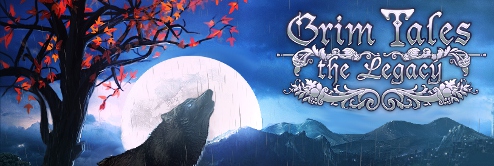
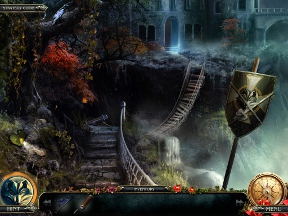
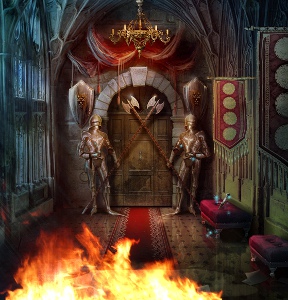






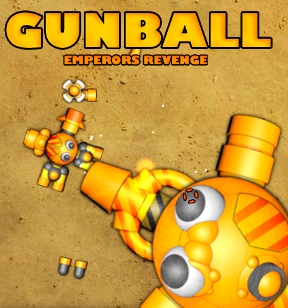
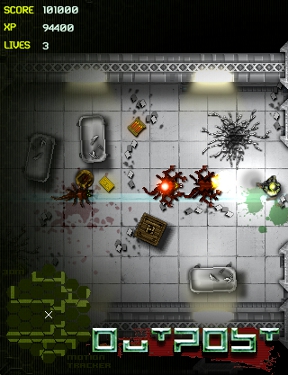
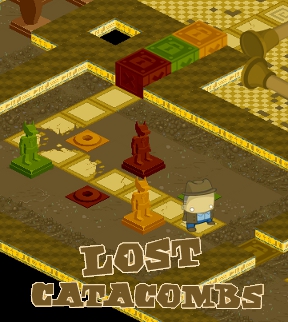
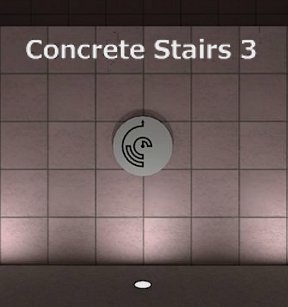
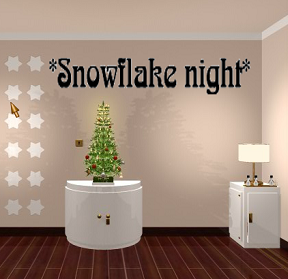
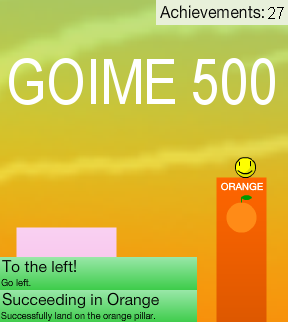
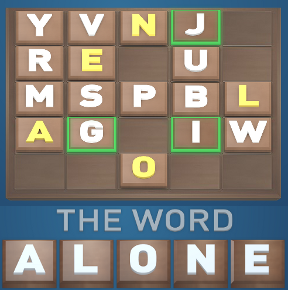
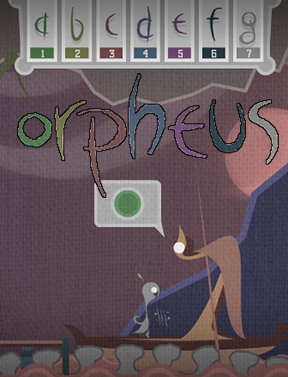
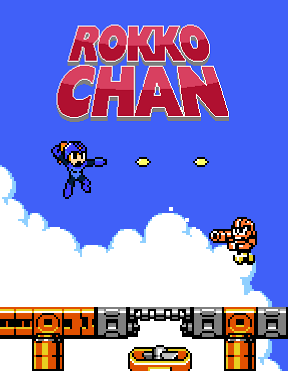
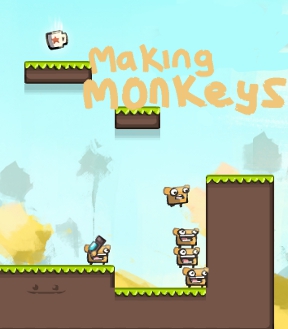
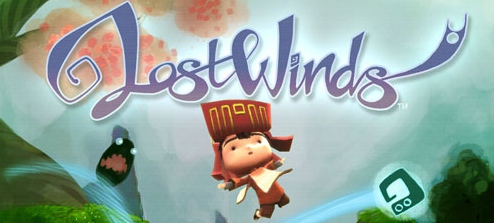
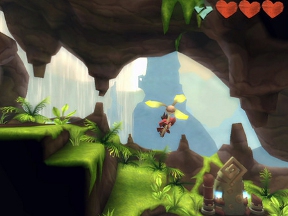
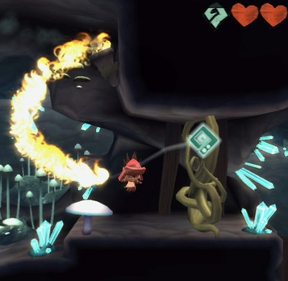
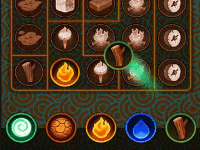
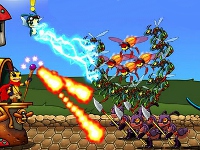
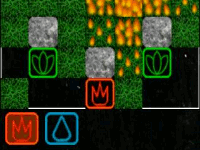
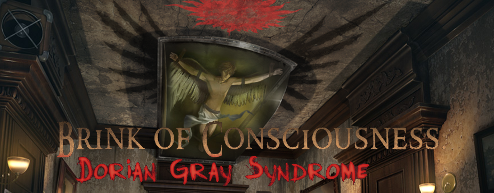
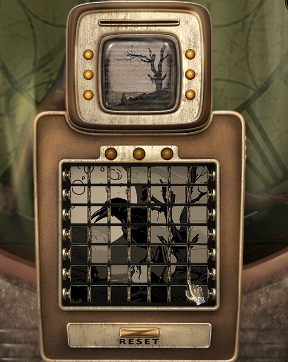
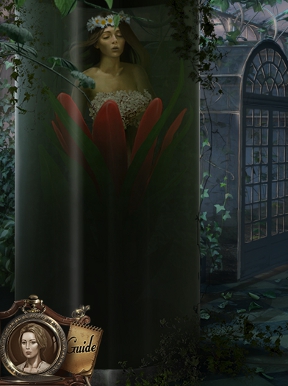


Recent Comments